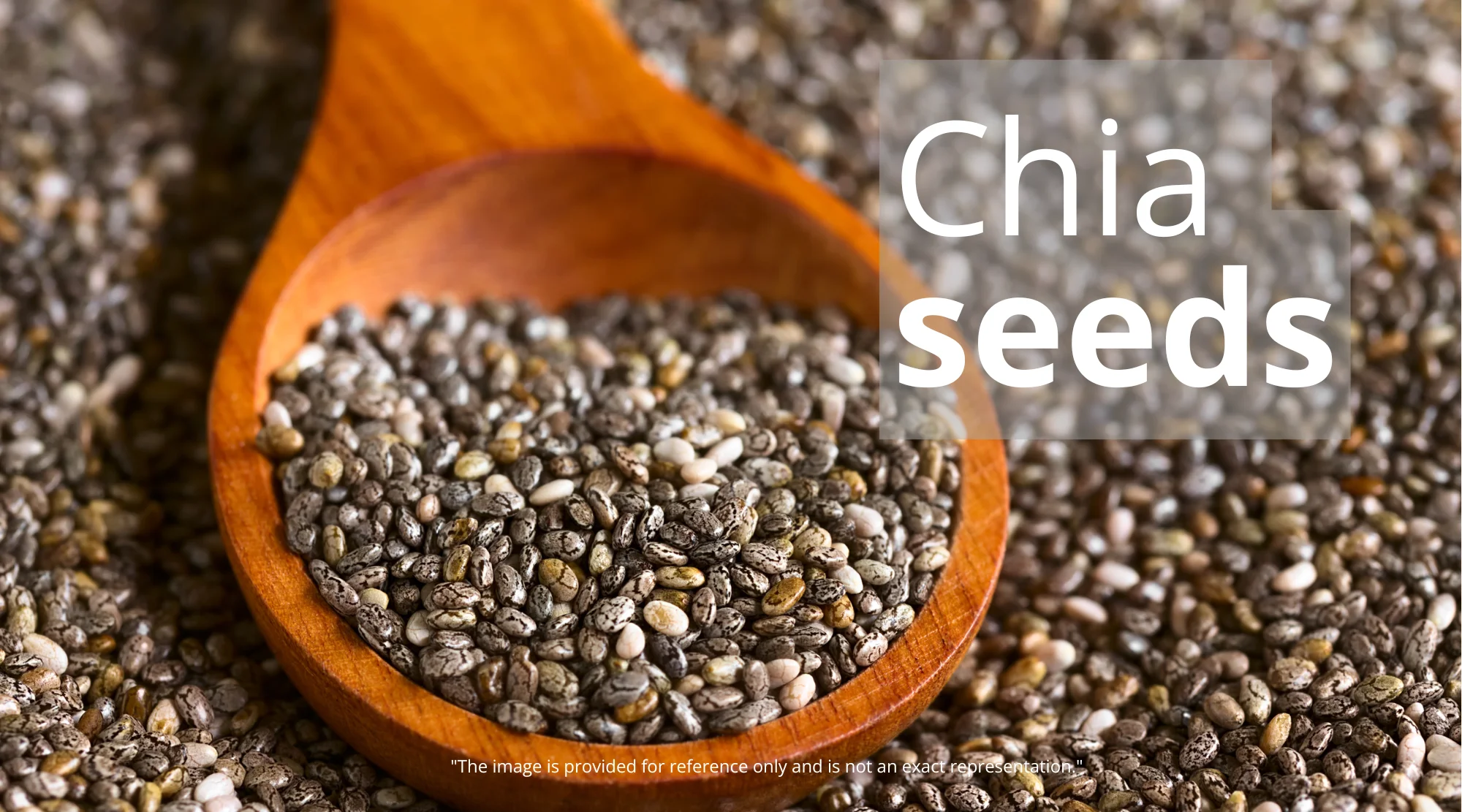Is Full-Fat Dairy Making a Comeback? Unpacking the Latest Nutrition Science
The world of nutrition is constantly evolving, and recommendations once considered gospel are now being re-evaluated. One such area of re-examination is the role of dairy fat in our diets. For decades, we’ve been told to opt for low-fat or non-fat dairy products, largely to limit our saturated fat intake. But is this advice still relevant? This article dives deep into the science, exploring the evolving understanding of dairy fat and its impact on our health. We’ll examine the arguments for and against full-fat dairy, weighing the evidence and offering a balanced perspective for those concerned about their well-being.

The Long-Standing Debate: Fat vs. Fat-Free
The traditional dietary guidelines, rooted in concerns about saturated fat and heart disease, have long championed low-fat dairy. The rationale was simple: saturated fat, found abundantly in whole milk, cheese, and yogurt, was believed to raise cholesterol levels, thereby increasing the risk of cardiovascular problems. This led to an emphasis on skim milk and reduced-fat options, often marketed as the healthier choice.
However, as research progresses, the simplistic view of saturated fat is being challenged. Scientists now understand that not all saturated fats are created equal, and their impact on the body is far more complex than previously thought. Moreover, the focus on fat content alone overlooks the broader nutritional profile of dairy products. These foods are a rich source of protein, calcium, and other essential nutrients.
The Shifting Sands of Scientific Evidence
The science behind dairy fat is nuanced. Researchers have started to question whether the historical evidence linking saturated fat to heart disease is as clear-cut as once believed. The truth is, studies have yielded mixed results. Some show no link between dairy fat consumption and increased risk of heart disease, while others even suggest potential benefits.
Benoît Lamarche, a leading nutrition expert, highlights that the evidence against full-fat dairy is largely “circumstantial.” Earlier studies observed a correlation between high-fat dairy consumption and a higher risk of heart disease, but other factors in the diet and lifestyle of those individuals could explain these findings. He emphasizes the need for rigorous evidence to support dietary guidelines and argues against recommendations based on weak or indirect correlations.
Unveiling the Complexities: Beyond Saturated Fat
The conversation around dairy fat extends beyond its saturated fat content. Dairy products are complex matrices containing various components, including proteins, vitamins, and minerals. These components may interact in ways that influence the overall health impact of dairy consumption. For example, some researchers believe that the specific structure of dairy fat, and the way it is metabolized, could be different from other sources of saturated fat, such as butter.
Furthermore, the focus on fat content often overshadows the other beneficial aspects of dairy. Dairy products are an excellent source of high-quality protein, crucial for muscle building, repair, and overall health. They also provide essential nutrients like calcium and vitamin D, which are vital for bone health.
The Potential Benefits of Full-Fat Dairy
Emerging research suggests that full-fat dairy might not be as detrimental as previously thought and could even offer certain advantages. Some studies have indicated that consuming higher-fat dairy, as part of a balanced diet, might have a neutral or even beneficial effect on health.
One such study, following the DASH diet (Dietary Approaches to Stop Hypertension), found that participants who consumed high-fat dairy had comparable improvements in blood pressure and better blood lipid levels compared to those consuming low-fat dairy. Another study showed whole milk outperformed skim milk in raising HDL (“good”) cholesterol. The hypothesis is that certain bioactive components in the milk fat membrane, such as phospholipids, might counteract any potential negative effects of saturated fat.
Dairy Variety: A Spectrum of Choices
It’s important to remember that the dairy landscape is vast and varied. Milk, yogurt, and cheese all have different fat contents, and the way they are processed can also influence their nutritional profile. It is not a single “dairy” entity, but rather a collection of foods with unique characteristics.
Consider cheese, for instance. Evidence from observational studies suggests that cheese consumption is associated with a lower risk of stroke. And yogurt, particularly Greek yogurt, is often linked to benefits for gut health. These findings suggest that focusing solely on fat content might be an oversimplification.
Navigating the Dietary Guidelines: A Call for Nuance
The debate around dairy fat highlights the ongoing evolution of nutrition science and the importance of critically evaluating dietary recommendations. The official 2025 dietary guidelines are considering adjusting their stance. Given the conflicting evidence, the guidelines are leaning towards a more agnostic approach, acknowledging the complexities of dairy fat and recommending a balanced approach.
Frank Hu, chair of the department of nutrition at the Harvard T.H. Chan School of Public Health, emphasizes that the much bigger problem for most Americans is not the type of dairy they’re consuming, but rather the unhealthy foods they are eating dairy with, such as refined carbohydrates and sugary foods. He suggests that incorporating a moderate amount of dairy into an overall healthy diet, whether full-fat or low-fat, is a reasonable approach, particularly if it replaces less nutritious choices.
Dairy in Your Diet: Making Informed Choices
So, how can you navigate the dairy aisle and make choices that support your health goals?
- Consider the overall context: Think about your entire diet. Are you consuming a balanced mix of whole foods, including fruits, vegetables, lean protein, and whole grains?
- Pay attention to added sugars: Many flavored yogurts and dairy-based desserts are high in added sugars. Choose plain varieties and add your own fruit and natural sweeteners.
- Prioritize whole foods: Focus on minimally processed dairy products, such as plain yogurt, whole milk, and cheese.
- Experiment and observe: Pay attention to how different dairy products make you feel. Do you notice any changes in your energy levels, digestion, or overall well-being?
- Consult with a professional: If you have specific health concerns or dietary restrictions, consult with a registered dietitian or healthcare professional. They can help you create a personalized eating plan.
- Read Food Labels: When choosing between dairy products, carefully review the nutrition labels to understand the amount of fat, calories, and other nutrients they contain. Be aware of added sugars, which can significantly impact the healthiness of a product.
Beyond Dairy: Essential Health Considerations
While the discussion about dairy fat is important, it’s crucial to keep in mind the broader context of a healthy lifestyle. Here are some additional factors that contribute to overall well-being:
- A Balanced Diet: Emphasize whole, unprocessed foods. Increase your intake of fruits, vegetables, lean proteins, and whole grains. Consider incorporating a variety of healthy fats, such as those found in avocados, nuts, and olive oil.
- Regular Physical Activity: Engage in regular exercise to maintain a healthy weight, boost mood, and reduce the risk of chronic diseases. Aim for at least 150 minutes of moderate-intensity or 75 minutes of vigorous-intensity aerobic activity per week. A recent study on the effectiveness of a 30-minute walking workout shows its potential benefits. [link to 30-Minute Walking Workout: Maximize Calorie Burn and Boost Joint Mobility].
- Stress Management: Find healthy ways to manage stress, such as meditation, yoga, or spending time in nature. For example, research shows that mindfulness can also improve mental health. [link to AI Therapy: 5 Expert Tips to Protect Your Mental Health While Using Chatbots].
- Adequate Sleep: Prioritize getting 7-9 hours of quality sleep per night. Sleep deprivation can negatively impact mood, energy levels, and overall health.
- Stay Hydrated: Drink plenty of water throughout the day to stay hydrated.
- Limit Processed Foods, Refined Carbohydrates, and Added Sugars: These foods can contribute to weight gain, inflammation, and an increased risk of chronic diseases.

Dairy and Overall Wellness: A Personalized Approach
The evolving science of dairy fat illustrates the complex nature of nutrition and the need for a personalized approach to health. While the evidence is shifting, it’s clear that the recommendation to avoid all full-fat dairy is not a universal truth. The best approach is to listen to your body, experiment with different choices, and focus on a well-rounded diet and lifestyle that supports your individual health needs. This aligns with recent research showing how to optimize your health journey. [link to Health Habits to Ditch Now: Expert Tips for a Healthier You].
In Conclusion: Dairy in the Context of a Healthy Life
The take-home message is that the debate around dairy fat is ongoing, and blanket recommendations are becoming less relevant. Full-fat dairy can be part of a healthy diet for many people, but it’s essential to consider the bigger picture.
Focus on a balanced diet, prioritize whole, unprocessed foods, and stay mindful of added sugars and other less nutritious choices. Consult with a healthcare professional for personalized guidance. The focus should be on creating a sustainable and enjoyable approach to eating that supports overall well-being. Consider reading this article about the surprising changes in your body and mind: [link to My Weekly Running Transformation: The Surprising Changes in My Body and Mind]. Your health journey is unique, and your dietary choices should reflect your individual nee














1 comment